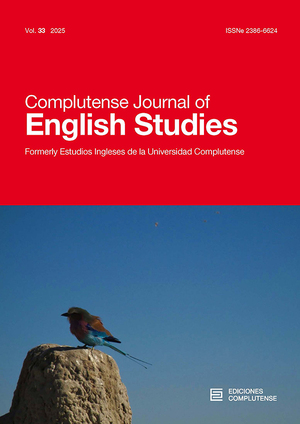
This article presents a unified taxonomy of linguistic strategies and politeness markers for making suggestions in English, alongside guidelines for its integration into second/foreign language (L2) pragmatics instruction. In response to the lack of systematic frameworks for analyzing this speech act in recent decades, the development of such a typology is essential. Drawing on four existing classification systems, the taxonomy incorporates both the inherent features of the speech act and language-related factors, such as directness and mitigation, that influence its realization. The second part of the article proposes an instructional sequence for teaching suggestions in L2 contexts, designed to implement the unified taxonomy while incorporating five key instructional components: input presentation, awareness-raising, metapragmatic instruction, communicative practice, and feedback. This sequence aligns with current conceptualizations of L2 pragmatics, promotes learner agency, and underscores the teacher’s role in supporting learners as they negotiate their identity through pragmatic choices.